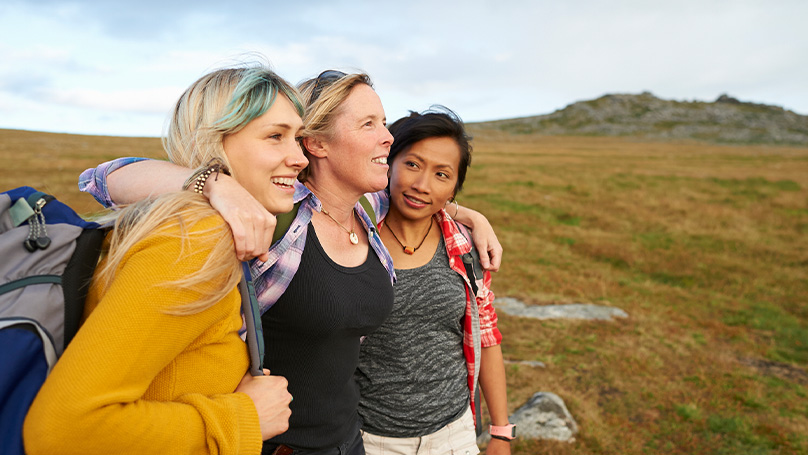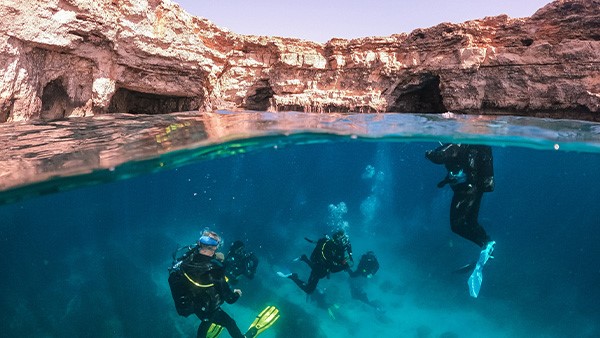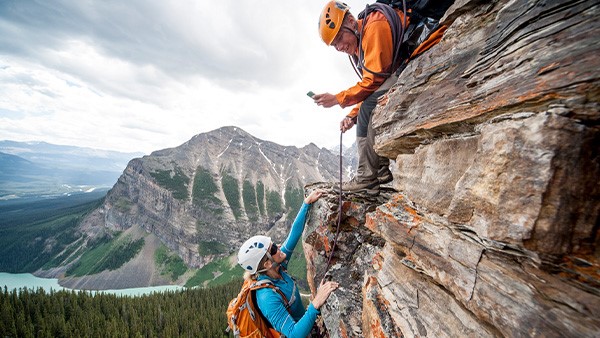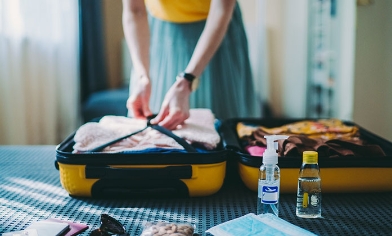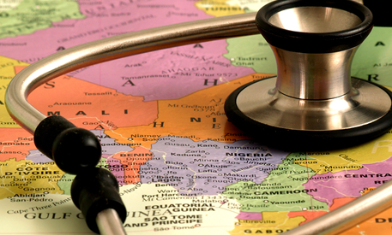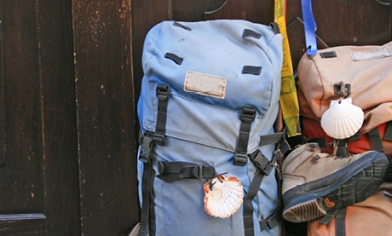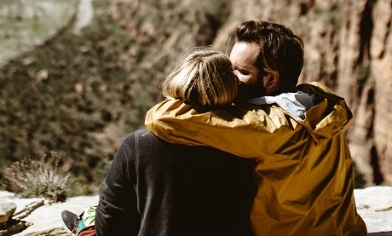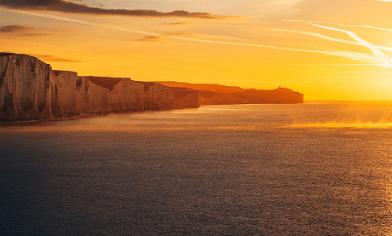What is an adventure holiday?
Adventurous holidays come in many different sizes. A holiday package that takes you on a journey of discovery could include trekking in the Borneo rainforest. Seeing a marine iguana in the Galápagos Islands. Or snowshoeing through the untouched beauty of the Tatra Mountains in Slovakia.
The list is endless. From kayaking on Alaska’s mighty rivers and exploring active volcanoes in Iceland to hiking Na Pali’s Kalalau Trail, these holidays deliver huge rewards.
Even if you’re not usually the daredevil type, for the chance to bungee jump off the Kawarau Bridge in New Zealand you might be willing to forget you don’t like heights. And, of course, being adventurous on holiday doesn’t mean you have to push yourself out of your comfort zone. You could choose a mix of lying on a sun bed with the odd burst of energy. Imagine your family zorbing down a hill, hell for leather, or hearing their delighted screams from a banana boat.
What are the benefits of going on an adventure holiday?
Taking an adventure holiday comes with added rewards. Not only are you getting away from everyday life, but adventurous activities also give you a sense of personal achievement and accomplishment.
They allow you to step outside your comfort zone by discovering new places and cultures, challenging yourself, building self-confidence and enhancing problem-solving skills. They're the ideal way to create lifelong memories and develop a deeper connection with nature. A different kind of break to a conventional holiday.
Research shows being outside and part of nature, in contrast to our usual building-bound lives, is mentally and physically good for you. And you're more likely to exert yourself in an outside setting than on a treadmill. Cycling through the Andes might be just the pick-up you need.
What to consider when taking an adventure holiday
How adventurous your holiday could be is down to you. You might be trying something new or investing time in the adrenaline-spiking action of which you're an enthusiast. Holidays can be a time to throw caution to the wind, but it's wise to take precautions when planning your trip and getting travel insurance.
- Are you up to the task? Choose activities that aren't beyond your physical abilities. If you have a medical condition, make sure it won't stop you from taking on the experience safely or negatively impact your health
- Are you using a reputable company? Find a company with all the necessary licenses and certifications to ensure they meet safety standards. Stick to the safety regulations, and don't act recklessly. If your policy covers the activity you're doing, it'll likely only do so if you follow these guidelines
- What do you need to pack? Check if you need any equipment. Do you need any special clothing or footwear? For instance, if you're hiking, you'll need suitable boots for the terrain. Consider packing a first aid kit, sunscreen and insect repellent
- How do you protect yourself? Safety is a priority. So, as well as always acting responsibly, make sure you’re clear where the nearest medical facilities are. Save the local emergency number in your phone. Look for travel insurance that covers your activities and offers the right level of cover, including emergency medical treatment and compensation for any losses
